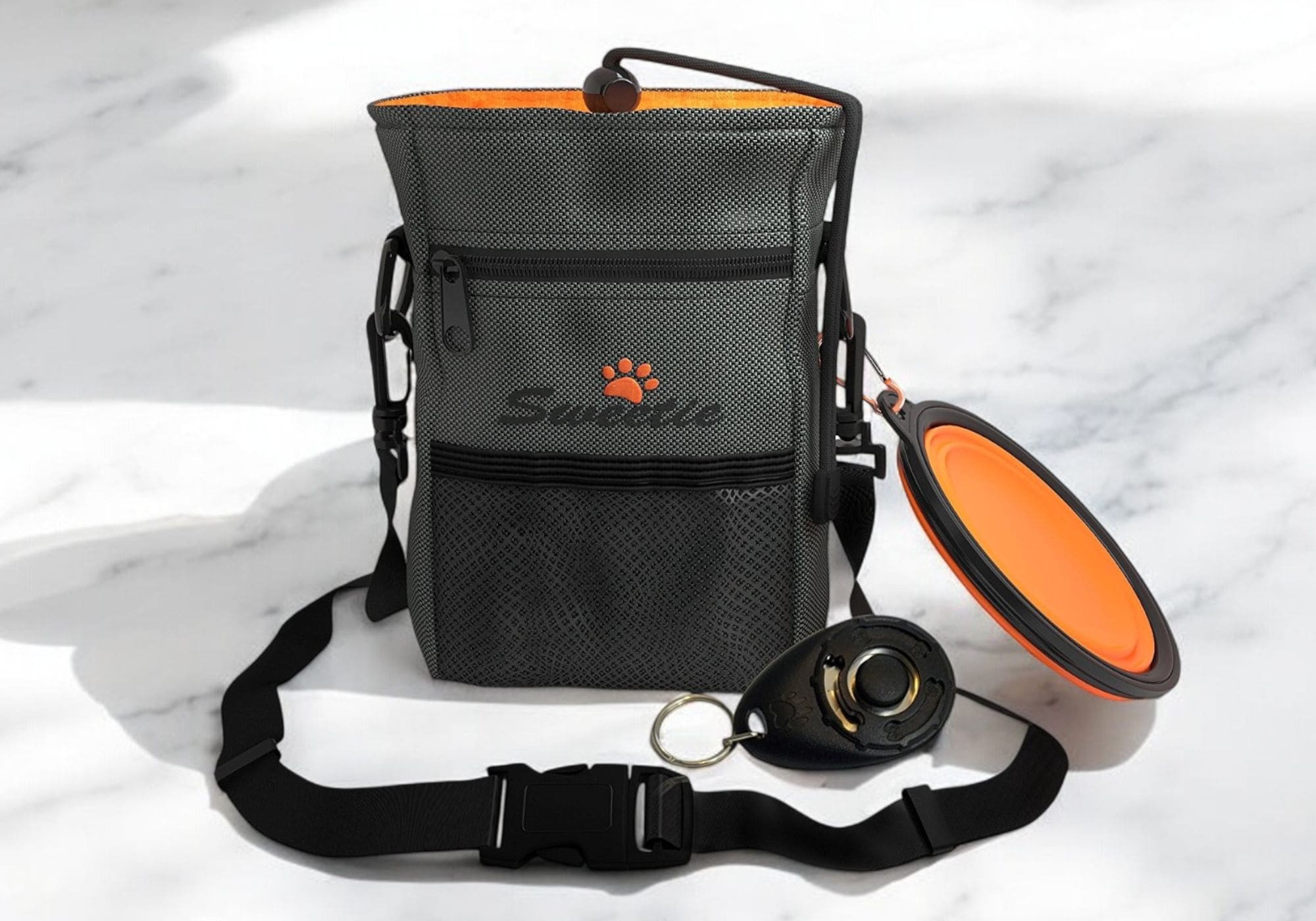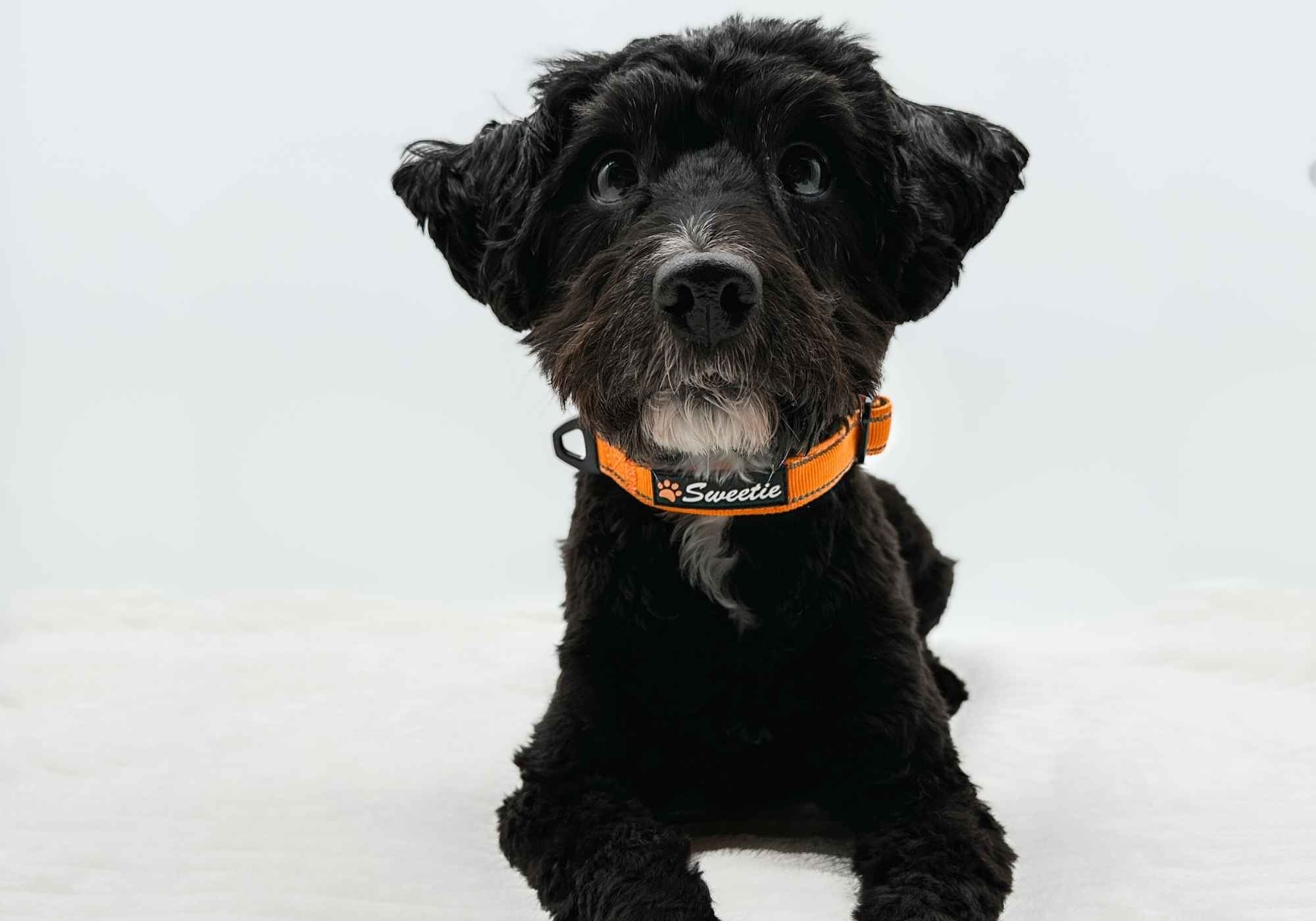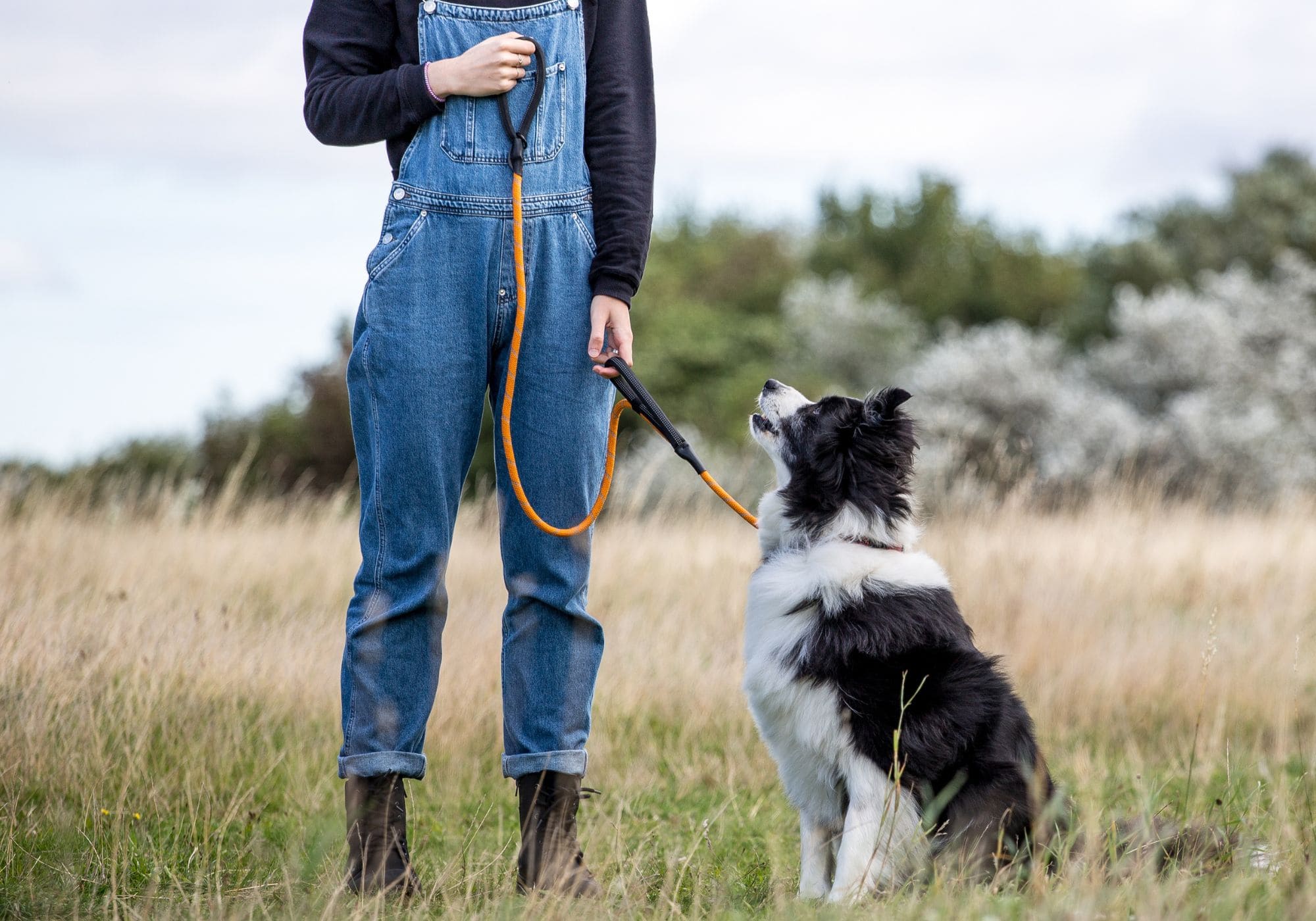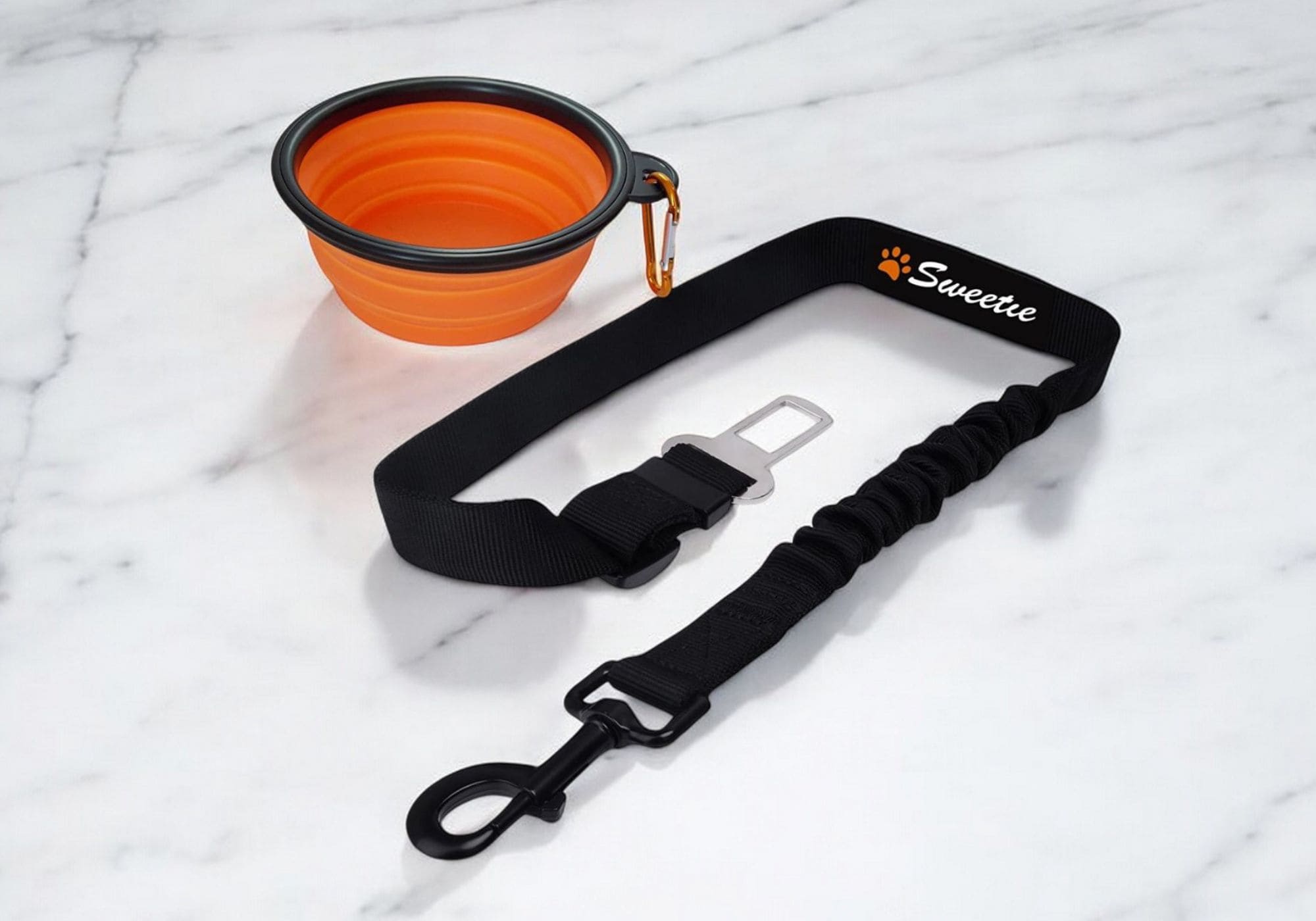Are Slugs Dangerous to Dogs? Find Out Here

Seeing your dog chomping away on slugs in the garden can be worrying. Since there is not much you can do then, you're left in disbelief as your pup gives that slimy gastropod a nibble. At this moment, the question, "Are slugs dangerous to dogs?" is ringing in your mind.
Slugs are dangerous to dogs because they transmit lungworms and can cause upset stomachs. Lungworms is a parasite that attacks a dog's blood vessels in the lungs and the heart. If left untreated, the result of lungworm attacks on dogs can be fatal.
In the rest of this article, I'll discuss the dangers of slugs to dogs. I'll also discuss how to know when your canine friend has eaten a slug and what to do. Keep reading to learn how to protect your dog from slugs.
How Dogs Get Slugs
Slugs may look deceptively harmless but are carriers of diseases and parasites. Dogs can get exposed to slugs by sniffing around in the garden, licking grass, or eating snails—all activities which expose them to lungworms.
More often than not, dogs don't intend to eat these gastropods. Slugs omit a foul-tasting slime which makes it difficult for dogs to ingest them. Therefore, your furry pal can only eat these creatures accidentally.
Other situations that may expose your dog to slugs include the following:
- Eating raw fruits and vegetables from the garden
- Drinking from puddles or other outdoor water sources
- Playing in wet, muddy areas where slugs thrive
- Straying into wilder areas with an abundance of slugs
- Picking up contaminated items like stones and sticks
It's worth mentioning that slugs are common in the wetter months of the year. In the U.K., you can expect a spike in slugs during springtime. This is why it's essential to be extra vigilant during this season.
Furthermore, slugs are now becoming a problem indoors, increasing your dog’s risk of encountering them. With climate change and other environmental issues, you may find these slimy creatures indoors in bathrooms and garages.
The Dangers of Slugs to Dogs

The dangers of slugs to dogs emanate from what these creatures eat. From rotting carcasses to bird droppings, slugs feast on all kinds of organic matter which could contain parasites and larvae. So if your pup accidentally eats a slug, it will surely consume a lot of bacteria and other harmful organisms. Due to these conditions, if your dog ingests a slug, it's at the risk of the following:
Lungworms
Lungworm, also known as Angiostrongylus Vasorum, is a parasitic worm that affects the heart and lungs of dogs. This worm impairs the functioning of the blood vessels that supply the lungs, causing coughs and breathing problems.
What's more, as the worms multiply, they burrow deeper into the dog's blood vessels, sucking most of the blood. The sucking of blood by these parasites further exposes your pup to anaemia. If left untreated, lungworm can put a dog's life at risk as it affects its respiratory system by restraining blood flow.
It's crucial to note that ingesting slugs is not the only way a dog can contract lungworms. According to MSD Vet Manual, dogs can get these worms from faeces or licks from an infected dog. For instance, an infected bitch licking her puppies can transmit the infection.
Upset Stomach
The basic components of slug slime–mucus, water, and salt, can cause mild distress in some dogs due to their high sodium content. This could lead to minor discomfort and vomiting.
Although salt is an electrolyte that helps balance body fluids, it may lead to salt toxicosis if consumed in high quantities. When this happens, your canine friend may suffer from a mouth ulcer, dehydration, or electrolyte imbalance.
In extreme cases, consuming too much salt can cause sodium ion poisoning in dogs. This condition may lead to seizures and coma if immediate medical attention is not given.
Slug Bait Poisoning
A slug will have feasted on all manner of things before a dog ingests it. Sadly, slug bait is one of the things a slug may have eaten.
Slug bait is a chemical substance made from metaldehyde. Metaldehyde attracts and poisons mollusks like snails and slugs. Unfortunately, this substance is also attractive to dogs and other domestic animals.
After eating a poisoned slug, the chances of your dog suffering from slug bait poisoning are high. Symptoms of this condition include:
- Severe trembling
- Vomiting
- Diarrhoea
- Seizures
Metaldehyde becomes lethal at just one teaspoon per ten pounds of weight. Thus, if your dog weighs ten pounds, it only needs to consume one teaspoon of metaldehyde for the poison to be life-threatening.
Is It Dangerous for Dogs to Lick a Slug?

Besides the question, "Are slugs dangerous to dogs?" you may have also wondered if it's dangerous for your dog to lick a slug.
It's dangerous for dogs to lick slugs as they can ingest lungworms from the slime through licking. The slime from a slug may also contain other parasites, bacteria, or fungi that can cause health problems in dogs.
Therefore, if your pup comes into contact with a slug, it's best to discourage them from licking or eating the creature.
How to Know When Your Dog Has Eaten a Slug
Knowing when your furry friend has ingested a slug can be challenging. In most cases, a dog may display signs similar to other diseases.
The best way to know when your dog has ingested a slug is by looking for the symptoms of lungworm infection. These symptoms include:
- Breathing difficulties: The dog displays signs such as coughing, heavy breathing, and wheezing.
- Weight loss: As the parasite relies on the dog's blood for survival, the dog becomes malnourished due to lack of essential nutrients. The result is a thinner-than-usual dog.
- Behavioural changes: You may notice lethargy, seizures, and depression as the dog's health deteriorates.
- Poor blood clotting: The dog may bleed more than usual from minor wounds. It may also experience nose bleeds.
- Poor appetite: The dog doesn't eat as it used to. For instance, it may
- refuse treats or food that it once enjoyed.
- Bringing up blood: Your pup may vomit blood due to the lungworm infestation.
One thing worth noting is that your dog may display one or a combination of the above signs. Since most of the above symptoms can result from other dog illnesses, diagnosing a dog for slug ingestion can be tricky. As a result, veterinarians use advanced technologies like X-ray to confirm lungworms.
What to Do If Your Dog Ingests a Slug
You just watched your Fido feasting on those slimy critters. Now what?
The first thing to do is to wash your dog's mouth and brush its teeth. After eating a slug, some slime may still be in your dog's mouth. Washing their mouth and brushing off the toxins is a good way to start the treatment process.
The second action is to take the dog to the vet for a check-up. Your vet will conduct a physical exam and run tests to diagnose the issue.
You should inform the veterinarian if your dog eats slugs frequently. If this is the case, the vet will prescribe preventative parasite medication to deter the dog from parasite consumption.
Luckily, there is treatment for lungworm infection if caught early enough. This is why it's essential to have an urgent diagnosis.
Depending on the diagnosis results, the vet may prescribe medication or suggest other treatments, such as induced vomiting, based on the extent of the slug poisoning or infection.
After the medication, monitor the dog for signs of infection or slug poisoning. If you notice any symptoms, take the dog back to the vet clinic for a further diagnosis.
How to Prevent Your Dog From Eating Slugs
Due to the demanding nature of modern life, keeping an eye on your dog can be challenging. Therefore, you need to create an environment that minimises the chances of your furry friend eating slugs.
Some ways to prevent your dog from eating slugs include the following:
- Get rid of slugs: Use anti-slug spray or slug defence gel to keep the critters away from your lawn.
- Eliminate stagnant water: Slugs thrive in damp environments, so avoid leaving puddles or dishes of water outside.
- Keep a watch on your pet: Ensure you’re always attentive to your dog's actions and whereabouts, especially when it wanders off in the garden.
- Train your dog on what to eat: Train your pup to distinguish between edible and inedible foods. You can use cues like “leave it” or “go away” when your dog approaches an area with slugs.
The Bottom Line
So, why are slugs dangerous to dogs? These gastropods are carriers of lungworms that can infect your pup when ingested. Moreover, they can expose dogs to slug bait poisoning.
As a pet parent, taking measures such as preventing slug access and watching for signs of infection is vital. Don't panic if you suspect your dog has eaten one or more slugs. Instead, visit the vet immediately for diagnosis and treatment.






Leave a comment